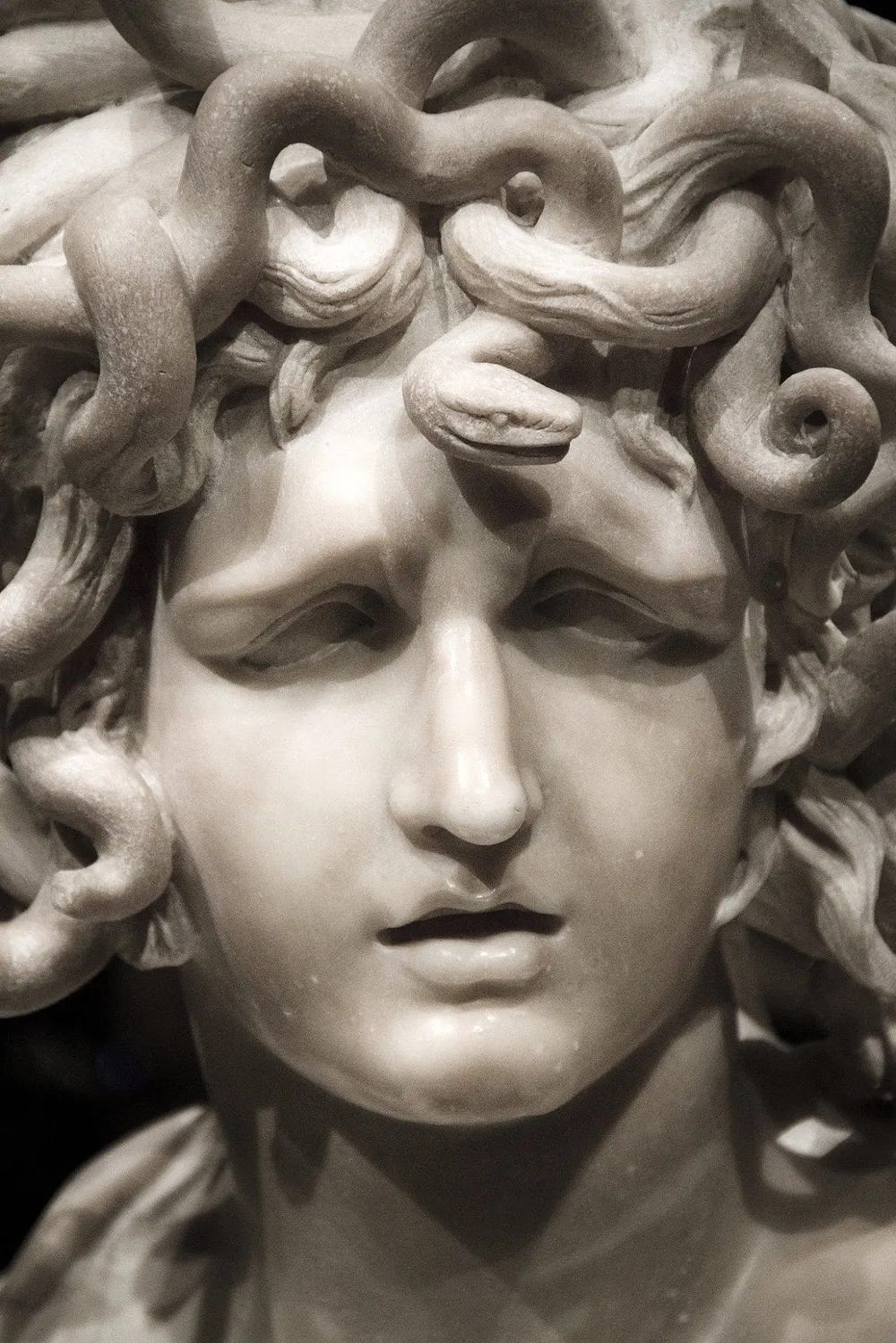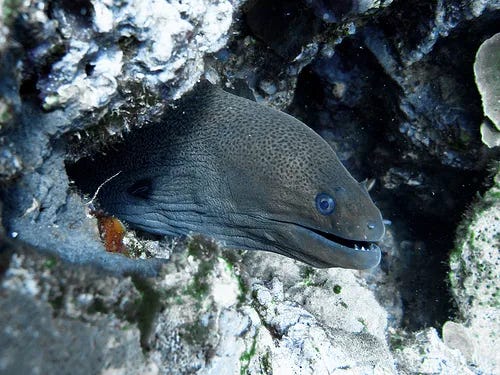Release the grumpy Gaul living inside of you. Get ready to impress your long-suffering loved ones with your exquisite knowledge of la langue de Molière. It’s time. It’s the Bizarre French Expressions.
Poser un lapin
Literal translation: To put down a rabbit.
Meaning: To stand someone up or not show up for a date or appointment.
Example: Instead of meeting Romeo for their planned date, Juliet decided to poser un lapin and stayed home to watch Netflix.
Origins: Originating in the late 18th century, the word "lapin" referred to someone who traveled without paying for the journey. Combined with "poser," it conveys the notion of not fulfilling an obligation or honoring a commitment.
La fleur au fusil.
Literal translation: Flower in the rifle.
Meaning: Naively enthusiastic and optimistic.
Example: “They thought it was a costume party, so they showed up in full medieval armor, la fleur au fusil.”
Origins: Originally, this expression depicted young WWI French soldiers in propaganda material, shown romantically going to war with a flower in their rifle.
The phrase took on its current, more ironic connotation after the harsh realities of brutal trench warfare settled.
ça ne fait pas avancer le schmilblick
Literal translation: This doesn’t move the schmilblick forward.
Meaning: This doesn’t solve the issue at all.
Example: “The prime minister’s intervention didn’t move the schmilblick forward in the slightest.”
Origins: Originally from Pierre Dac, a humorist in France in the 1950s, the word schmilblick is not, despite the appearance, from German. It’s a purely made-up word that can be used as a synonym for ‘truc, bidule, machin’—basically, a ‘thingie’. It was later popularized via a TV game called ‘Le Schmilblic,’ where contestants had to guess an object. My mum uses this expression all the time.
Être médusé
Literal translation: To be medused.
Meaning: To be absolutely stunned, dazed, petrified.
Example: "When Dad ate the last piece of chocolate, the toddler looked on, médusé."
Origins: From the Greek Goddess Medusa, whose appearance was so hideous that she could petrify people. I just love how visual this is :)
Tenir la chandelle
Literal translation: To hold the candle.
Meaning: To be the third wheel / to play gooseberry
Example: “This was supposed to be a love triangle, but I’m just ending up tenir la chandelle!”
Origins: Imagine yourself in the 19th century, caught up in what you think is a vivid love triangle. But, remember, there's no electricity… So candles are essential for lighting—and someone has to hold them. Ironically, that person, like a third wheel, ends up just illuminating others' romantic scenes without being part of them.
Bizarre French Expression of the Day
Y avoir anguille sous roche
Literal translation: There’s an eel under the rock.
Meaning: There’s something fishy going on; something suspicious.
Example: “I’m starting to worry about that new crypto I spent all my savings on… Do you think there could be anguille sous roche…?”
Origins: Origin unknown, but there is definitely wisdom in not stepping on an eel.
Y a baleine sous gravillon
Literal translation: There’s a whale under the gravel.
Meaning: There’s something really fishy going on; something meant to be secret but laughably obvious.
Example: “It’s not an anguille sous roche anymore, at this stage it’s a baleine sous gravillon.”
Origins: This is a common play on the other expression found below. It’s a direct reference with a comical undertone.
I hope you enjoyed this batch. Sometimes I wonder what I’m going to do with my life once I exhaust all bizarre French expression. Maybe I’ll resume my learning of Latin? (yes we learn Latin or Ancient Greek in high school in France)
Cheers x
Bizarre French Expressions: April
This week, whether it'd be your non-plussed partners, your reluctant family members, or your even more confused children, no one will be safe from your niche knowledge of la langue de Molière. By the way, I would love nothing more than to hear you attempt to pronounce these with your US/UK accents, so if you’re game, record yourself and post it as an ans…
Bizarre French Expressions: March
Harness your most appalling French accents and get ready to horrify your French friends: it’s time for a recap of the past four weeks’ weirdest French expressions! 🇫🇷 🥖 En garde!
Bizarre French Expressions: February
Harness your worst gallic accent and get ready to impress (or horrify) your French friends: it’s time for a recap of the past four weeks’ weirdest French expressions! 🇫🇷 🥖 En garde! Also since technology never ceases to amaze, you’ll find recordings for pronunciation this time! 21st century indeed.











No need to worry about what you'll do when you exhaust all the bizarre expressions -- that will never happen!
This is infotainment at its best, Remy! We have an Italian similar expression for Tenir la chandelle=Reggere il moccolo, with the same meaning. From my days at school, I remember the above mentioned "poser le lapin", besides "le coup de cafard" and "avoir de la gueule", if I recall them correctly. I also wrote a post about misheard French expressions in the Piedmontese dialect, on my Substack.